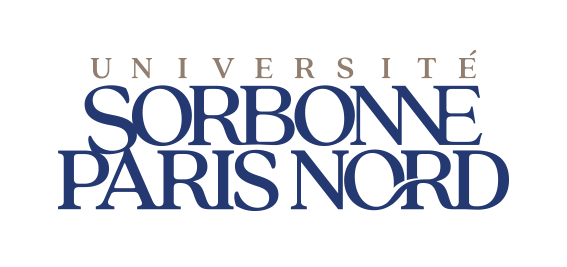CARSKIN: Pembrolizumab as first line therapy in patients with unresectable cutaneous squamous cell carcinoma (cSCC).
Résumé
TPS9596 Background: Treatment options are limited for patients (pts) with locally advanced or metastatic cSCCs. Cisplatin-based combinations have some efficacy but their toxicity often prohibits their use, particularly for the elderly. New therapeutic options are needed. Tumors divert the programmed death receptor 1 (PD-1) pathway suppressing immune control. Pembrolizumab (MK-3475) is a high-affinity humanized monoclonal anti-PD-1 antibody. It leads to dual PD-1 ligand (PD-L1 and PD-L2) blockade that may reactivate the immune surveillance and elicit anti-tumor response. It has antitumor activity in several tumors including head and neck SCCs. Moreover, an efficacy of pembrolizumab in cSCCs has been reported recently in a series of 6 cases. Methods: CARSKIN (ClinicalTrials.gov, NCT02883556) is a French multicenter, open-label, nonrandomized phase 2 trial, designed to evaluate the efficacy and safety of pembrolizumab in 39 pts with unresectable and/or metastatic cSCCs, naive of chemotherapy and of EGFR inhibitors. Pembrolizumab is administered (200 mg IV Q3W) for up to 24 months or until disease progression or unacceptable toxicity. Eligible pts must undergo a baseline biopsy of the tumor prior to treatment for PD-L1 evaluation. Response is to be assessed at baseline, wk 9, 15 and 24, and thereafter Q12W by central radiology review per RECIST 1.1 and per modified RECIST v1.1. The primary objective is response rate (RR) at wk 15 per RECIST 1.1. Secondary efficacy objectives are to assess whether patients with PD-L1+ tumors have a better RR than the whole sample at wk 15 and to assess in the whole sample and in PD-L1+ pts, disease control rate (DCR) at wk15, RR at wk 24, best RR, overall survival (OS), progression free survival (PFS), duration of response / control and time to disease progression. A Simon optimal two-stage design will be used. Four responders among 19 pts will be needed in the 1 st step to continue the trial. Overall 9 responses will be needed to conclude the effectiveness. Kaplan-Meier statistics will assess PFS and OS. Adverse events (AEs) will be assessed throughout the study and for 30 d thereafter (6 m for serious AEs) and graded per NCI CTCAE v4.0. Clinical trial information: NCT02883556.
